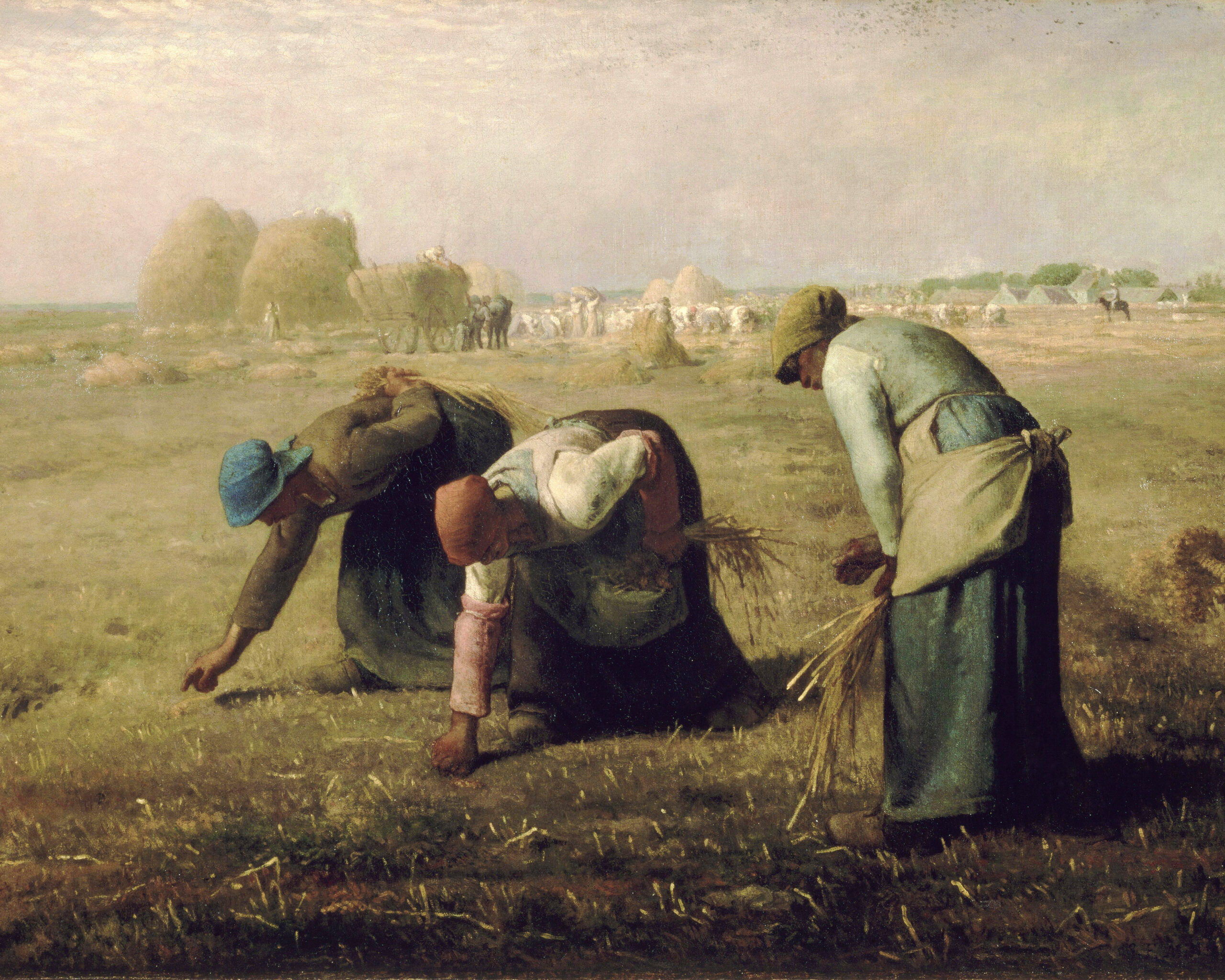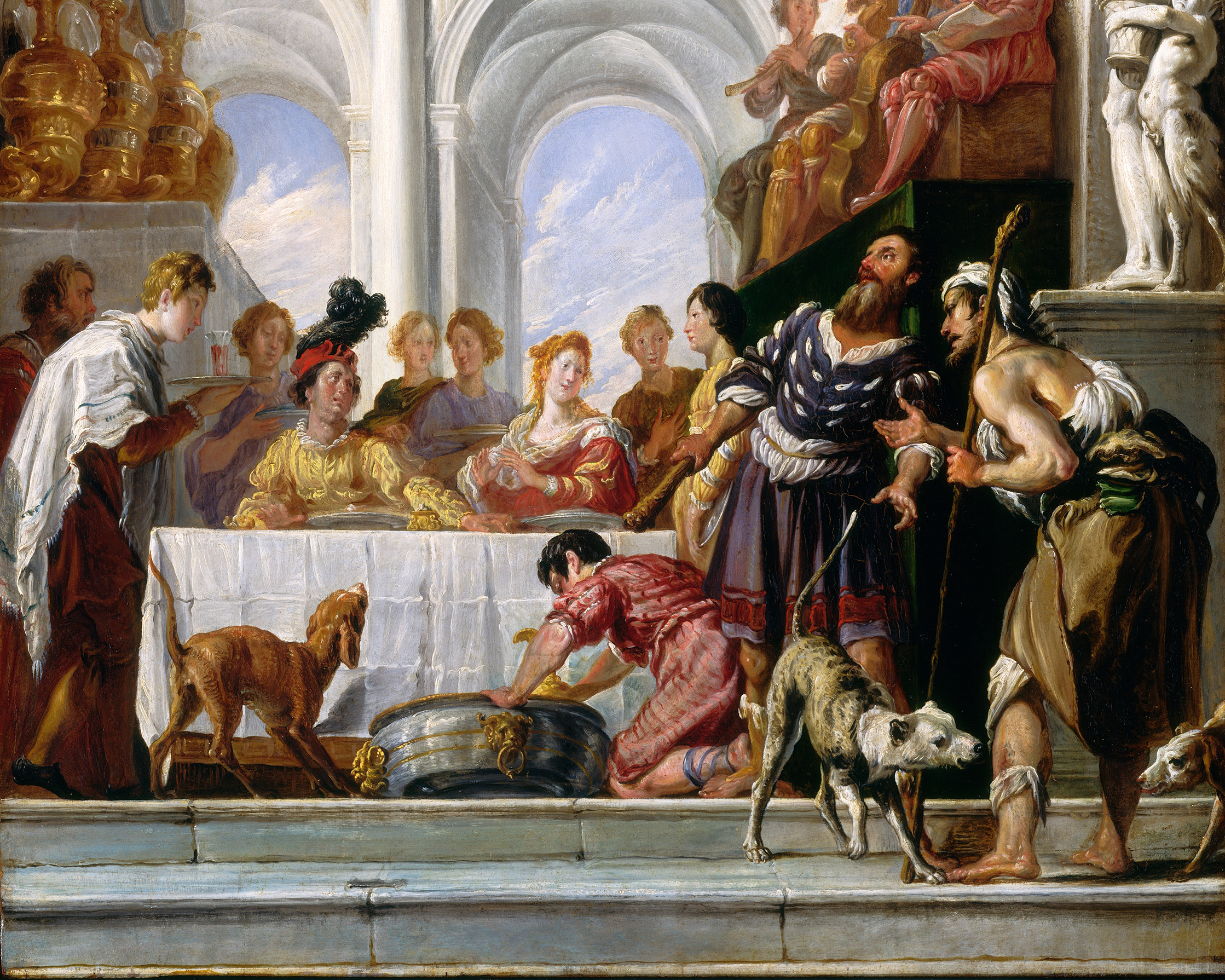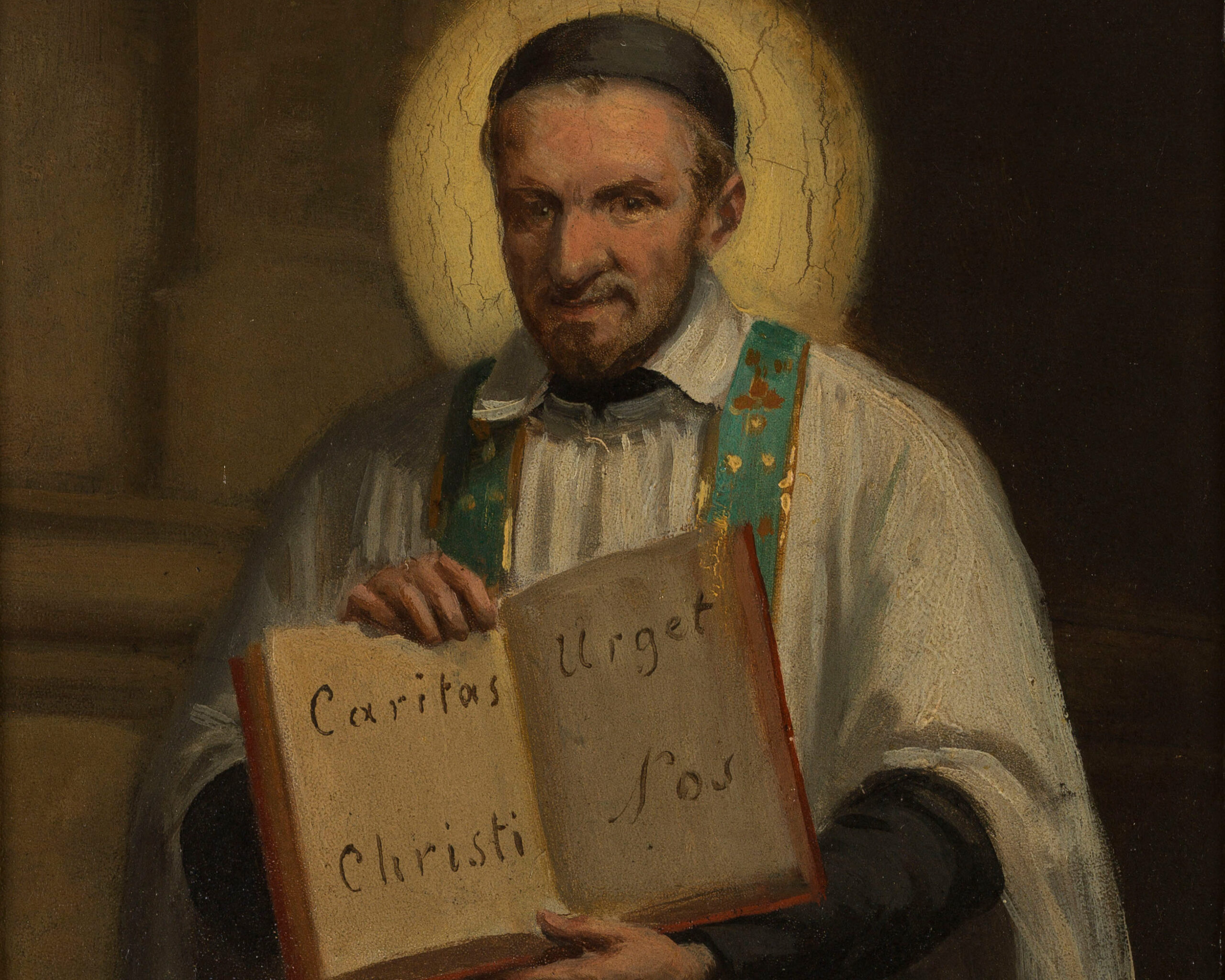“I will be to them as one that taketh off the yoke.”
-Osee 11:4
I shall now speak of those means that may help us to render this necessary practice of mortification not only easy, but pleasant. The first means is the grace of God, with which all things become easy. St. Paul supplies us both with an example and a proof of this truth.
The sting of the flesh, the angel of Satan, tormented him. Thrice he begged of God to be delivered from it, and God made this answer to him: “My grace is sufficient for thee” (2 Cor. 12:9). Again, he says, “I can do all things in Him who strengthens me” (1 Cor. 15:10).
We must not believe that God leaves us to our own strength in time of mortification and suffering. No! He bears the greater part of the burden Himself, and for this reason the law is called a yoke, which is to be borne by two. For Jesus Christ joins Himself to us, to help us to support it, and with His assistance, who can be discouraged?
Therefore, let nothing in the law appear to you too hard, since you will have nothing but the easiest part of it to bear. It is for this reason also that He calls it a yoke and a burden when He says, “My yoke is sweet, and My burden light” (Matt. 11:30). For though, as regards our nature and weakness, it be ever so hard a yoke, and ever so heavy a burden, yet the grace of God renders it easy and light, because our Lord Himself helps us to bear it.
St. Bernard, in His first sermon on the dedication of a church, says that, as in the consecration the walls are anointed with holy oil, so our Savior does the same in religious souls, sweetening by the spiritual unction of His grace all their crosses, penances and mortifications. Worldlings are afraid of a religious life because they see its crosses, but perceive not the unction with which they are anointed and made easy.
“But you,” says the Saint, speaking to his religious, “know by experience that our cross is truly full of unction, whereby it is not only light, but all the bitterness and hardship we find in our state is, by the grace of God, rendered sweet and pleasant.” St. Austin admits that before he knew the power of grace, he could never comprehend what chastity was nor belive that anyone was able to practice it.
But the grace of God renders all things so easy that, if we possess it, we may say with St. John that “His commandments are not heavy” (1 John 5:3), because the ambulance of grace He bestows upon us renders them most sweet and easy.
The second means which makes the practice of mortification easy is the love of God. Love, more than anything else, sweetens pain of every kind. “He who loves,” says St. Austin, “thinks that nothing is hard, and yet the least labor is insupportable to those who love not. Love alone is ashamed to find difficulty in anything.”
It is thus that those who love hunting make no account of the fatigue they endure, but rather look upon it as a pleasure. Is it not love that makes the mother find no difficulty in nursing her infant? Is it not love that keeps the wife day and night at her sick husband’s bedside? Is it not love that causes all sorts of creatures to take so much care in nourishing their young that they even abstain from eating and expose themselves to dangers for their sakes? Was it not love that made Jacob think his many years’ service for Rachel short and sweet? “They seemed but a few days, because of the greatness of his love” (Gen. 29:20). No sooner does love appear than all pain vanishes and all sweetness accompanies our labor.
A holy woman said that from her first being touched with the love of God, she knew not what it was to suffer, either exteriorly or interiorly, neither from the world, the flesh or the devil because pure love knows not what pain or torment is. Love, therefore, not only raises the price of all our actions and renders them more perfect, but it gives us courage to support all kinds of mortification and makes us feel great ease and sweetness, even in the hardest things.
It was thus that St. Chrysostom explains these words of the Apostle, “Love is the fulfilling of the law” (Rom. 13:10). For he not only says (as the Saint notices) that the law and all the commandments are included in love, but that it is love which renders the observance of both most easy.
Let us therefore love much, and nothing will be able to stop us in the way of perfection. Then we shall be able to say with the Apostle: “Who shall separate us from the love of Christ? Shall tribulation, or distress, or famine, or nakedness, or danger, or persecution, or the sword? For I am sure that neither death, nor life, nor angels, nor principalities, nor powers, nor height, nor depth, nor any other creature, shall be able to separate us from the love of God, which is in Christ Jesus our Lord” (Rom. 8:35, 38).








